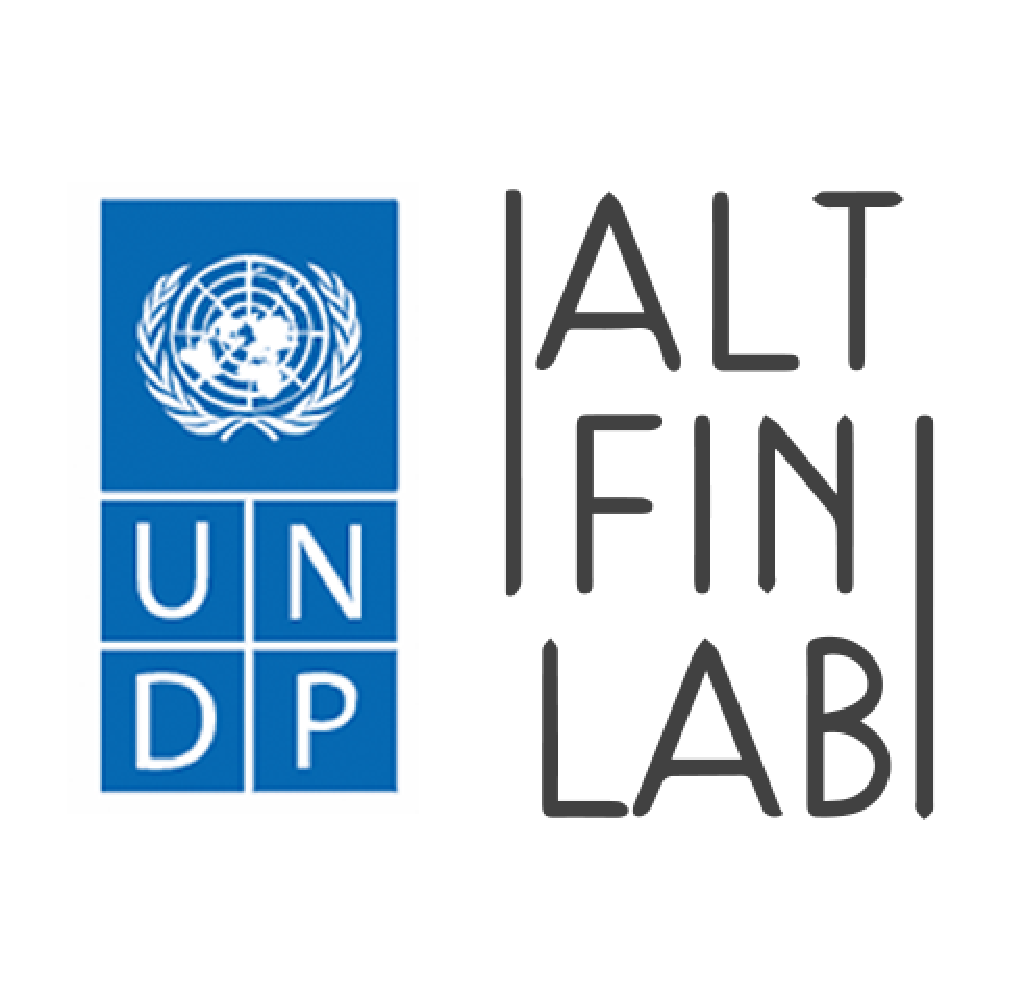So, this year’s COP28 was a highly anticipated event; not least because the subject of easing out fossil fuels was on the agenda perhaps higher than in previous occasions considering the hosting nation and sovereign dependency on the import and export of oil, coal, and natural gas reserves. At the same time, leaders in attendance and viewers around the world were awaiting updates on a variety of issues.
As a Broad Overview:
- The launch of CHAMP (Coalition for High Ambition Multilevel Partnerships)
- The continuance of NDCs (Nationally Determined Contributions); NAPs (National Adaptation Plans); NBSAPs (National Biodiversity Strategies and Action Plans); LT-LEDS (Long Term Low-Emission Development Strategies)
- COP28 final funding exceeded first expectations. $85 billion distributed across a number of funds, including energy, finance, live & livelihood, inclusion, green climate fund, loss & damage, adaption, LDCs, and special climate change
Other Significant Developments:
- The inclusion of global non-party stakeholders in climate action around the world
- Establishing the Global Renewables and Energy Efficiency Pledge with 130 country members aiming to expand current capacity threefold by 2030
- Establishing the NZECA (Net Zero Export Credit Agencies Alliance) and further support for the Global Capacity Building Coalition from multilateral organisations
- Progress exhibited in a first report on the SAA (Sharm el-Sheikh Adaptation Agenda) and the Early Warning for All initiative for the adaptation and mitigation strategies for vulnerable communities in developing nations such as on early-warning systems and public infrastructure
- Food was an important aspect with the introduction of the UAE Declaration on Sustainable Agriculture, Resilient Food Systems, and Climate Action bringing together 153 countries to scale up protection for farming agriculture and improvement of food security, namely poor nutritional health
- Celebration of the REDD+ Warsaw Framework and its 10 year anniversary in improving forestry around the world, with further commitment to conserving land usage
In hindsight, the conference managed to deliver one of the most fundamental steps that has been called on by the international community for a number of years: a universal agreement to phase out fossil fuels and pave the way forward for the adoption and accessible implementation of renewable energy sources. It was beneficial to have the MENA region host the worldwide event back-to-back with Egypt’s successful run at COP27 a year prior.
Alongside this, the HBAR foundation was very much applauded on the big stage as UNFCCC’s Global Innovation Hub announced its support for the Sustainable Impact Fund and work with Envision Blockchain, Swirlds Labs, as well as DSF on DLT Earth, in trying to “bring the balance sheet of the plant to the public ledger” and be the focal point of technology and sustainability .
Largely, this is mainly in reference to the Hedera Guardian Service - a cutting-edge decentralised tool provided for enterprises, standards organisations, institutions, and policymakers. In essence, it allows the user to utilise dMRV (digital Monitoring, Reporting, and Verification) methods together with DIDs (Decentralised Identifiers) and VCs (Verifiable Credentials) across carbon projects. It also syncs easily with HTS (Hedera Token Service) for minting tokens at different stages.
Throughout, the process utilises a verification process with collaborative input from a variety of trusted parties and compliant entities to ensure the selected UN international climate policy is delivered in a traceable, auditable, and reliable manner. In 2023, the Hedera ecosystem has grown rapidly in the ReFi space - a large chunk of this is thanks to the Guardian and HBAR Foundation’s open support for social impact causes around the world.
Wes Geisenberger (VP, Sustainability & ESG) and Jonathan Rackoff (Head of Global Policy) were up on stage in a room full of an eager audience to hear more about their team’s international climate efforts and applying open-source methodologies across various geographies such as the US and Africa.
Here are 5 of the goals they spoke about:
- Make Climate Finance Auditable
- Digitise & Open Source Methodologies
- Scale Validation & Verification
- Discover A Global Climate Asset Price
- Make ESG Reporting Credible
As well as this, there were several panels on-site to address pertinent themes - from digitising the Paris Agreement to doing a better job of regulating VCMs (Voluntary Carbon Markets) and standardising corporate ESG reporting principles. Distinguished speakers included Massamba Thioye (Project Executive UNFCCC Global Innovation Hub); Alexey Shardin (CEO at Evercity); Raphael de Ry (Founder of Allcot.io); Stephanie Russo (CSO at Carbon Growth Partners); and Miguel Tamargo (Director at Carbon2Nature).
Overall, this is a big moment for the blockchain and DLT (Distributed Ledger Technology) space, and specifically for the ReFi ecosystem to be a true pioneer of long-term climate advocacy, real-world innovation, and positive governance.









